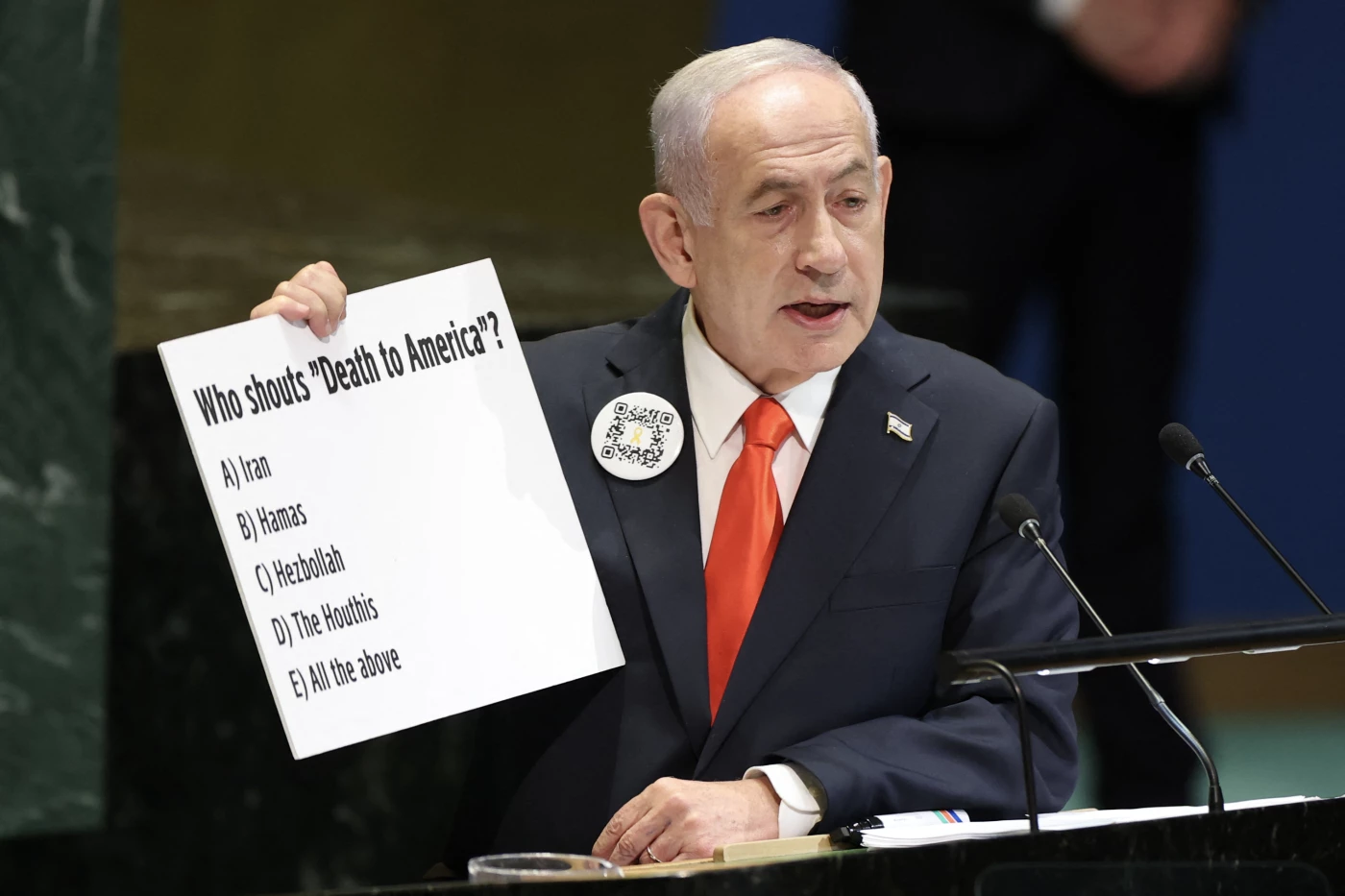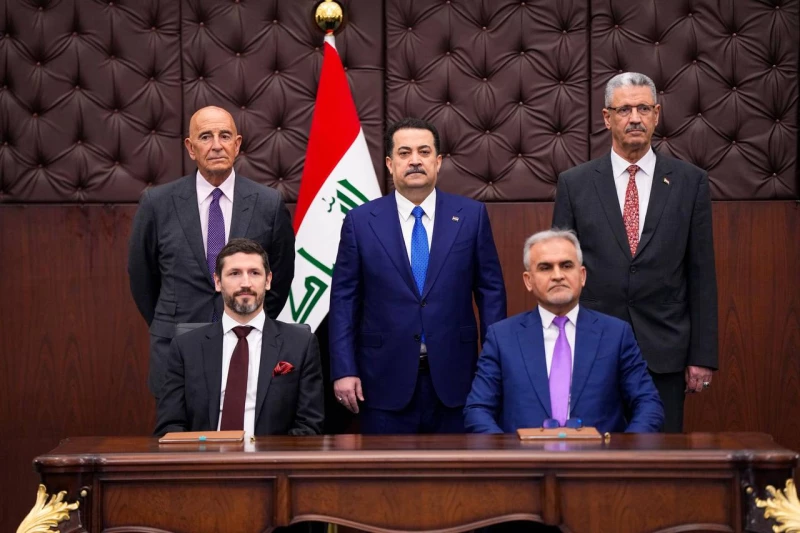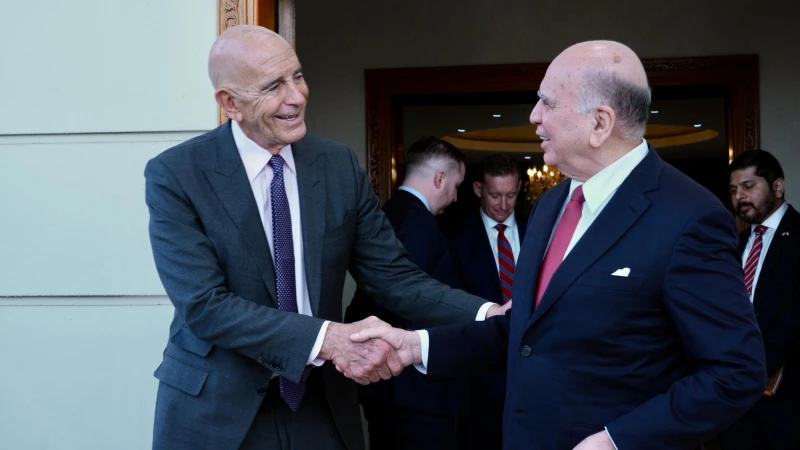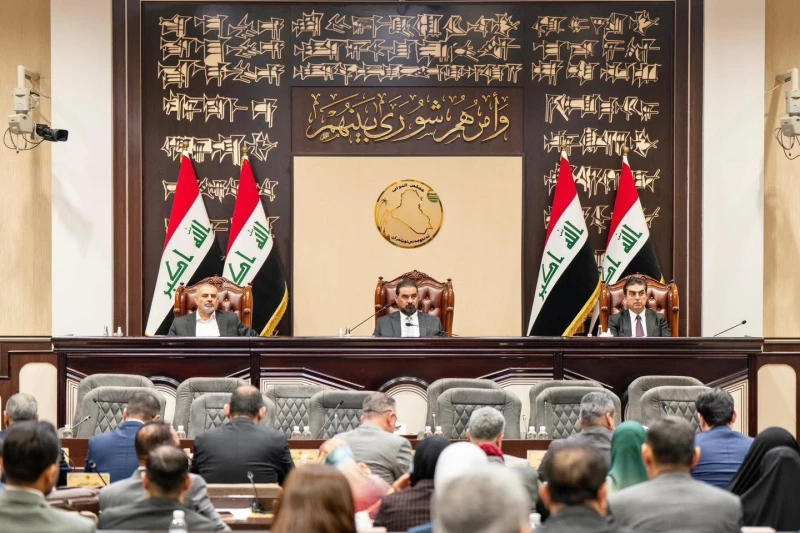ERBIL, Kurdistan Region of Iraq - Israeli Prime Minister Benjamin Netanyahu's comments at the UN General Assembly about Israel's deterrence of Iran-backed armed groups in Iraq pose a stark threat to such factions' activities in the country, a security expert told The New Region.
“We deterred Iran’s Shiite militias in Iraq,” said Netanyahu on Friday while citing a broader list of actions Israel has taken against its foes in the region, citing strikes against Iran’s nuclear program, Hamas in Gaza, Yemen’s Houthis, Lebanese Hezbollah, and weapons caches in Syria.
"Those militias in Iraq? Well, they’re still deterred, and their leaders, if they attack Israel, will also be gone," the Israeli leader asserted in a lengthy address in New York.
Saif Raad, an expert in security and strategic affairs, told The New Region that Netanyahu’s remarks suggest Iraqi factions are under constant threat and could be targeted at any time. He pointed to past Israeli military actions, including airstrikes and intelligence operations, that reduced the groups’ activities.
“This comes as regional tensions rise,” Raad said, noting that on September 17 the United States labeled four Iraqi factions active in Syria as terrorist organizations. “That move adds indirect American pressure on these groups.”
The US State Department in mid-September designated Harakat al-Nujaba, Kataib Sayyid al-Shuhada, Harakat Ansar Allah al-Awfiya, and Kataib al-Imam Ali as foreign terrorist organizations, accusing Iran of providing support that “enables these militias to plan, facilitate, or directly carry out attacks across Iraq.”
Raad explained that Netanyahu links deterrence to fear. He said the Israeli leader believes faction leaders now hesitate to launch attacks, such as rockets or drone strikes, because of the threat of retaliation. He also tied the strategy to US pressure on Iraq to rein in the groups.
Iraqi Foreign Minister Fuad Hussein on Friday expressed his discontent with Netanyahu's rhetoric, saying that "the statements are rejected and unacceptable. An attack on any Iraqi is an attack on Iraq itself."
According to Raad, Netanyahu may also connect deterrence to past Israeli operations, including assassinations of leaders from Hezbollah, Hamas, and the Houthis, as well as Iranian scientists. In Iraq, targeted strikes on faction leaders and facilities have hampered the activities of Iran-affiliated groups, Raad said.
“This deterrence is not about negotiation,” Raad added. “It depends on Israel’s military power, like drones and precision strikes, to force opponents to hold back.”
He said Netanyahu’s remarks should be seen as part of a broader Israeli campaign to weaken Iran’s influence. Iraq plays a key role for Iran through its allied factions, Raad noted, and the US terrorism designation also limits the groups’ financial and military support.



 Facebook
Facebook
 LinkedIn
LinkedIn
 Telegram
Telegram
 X
X


